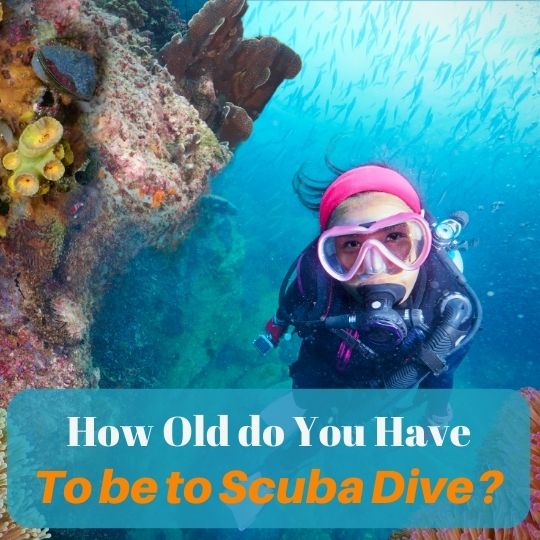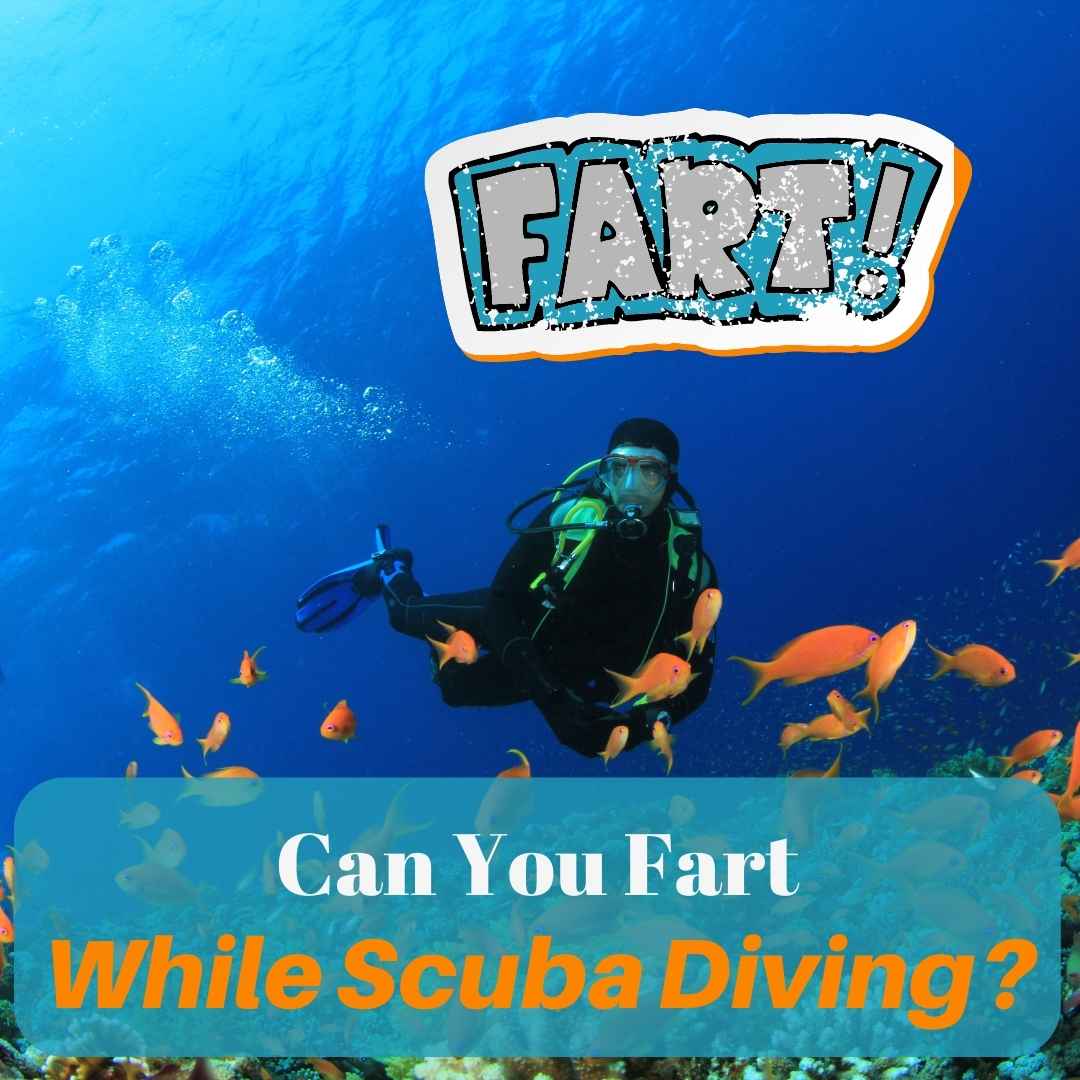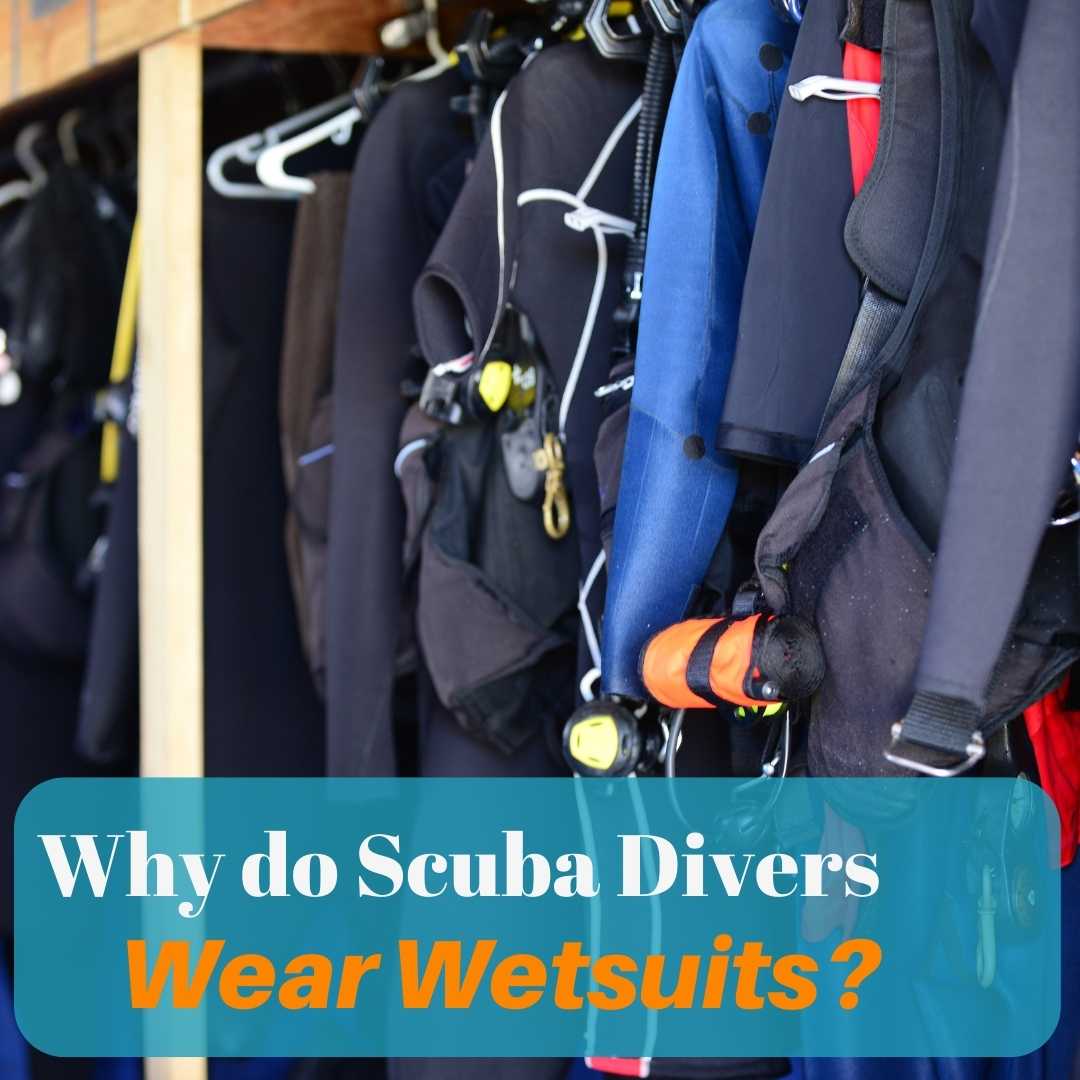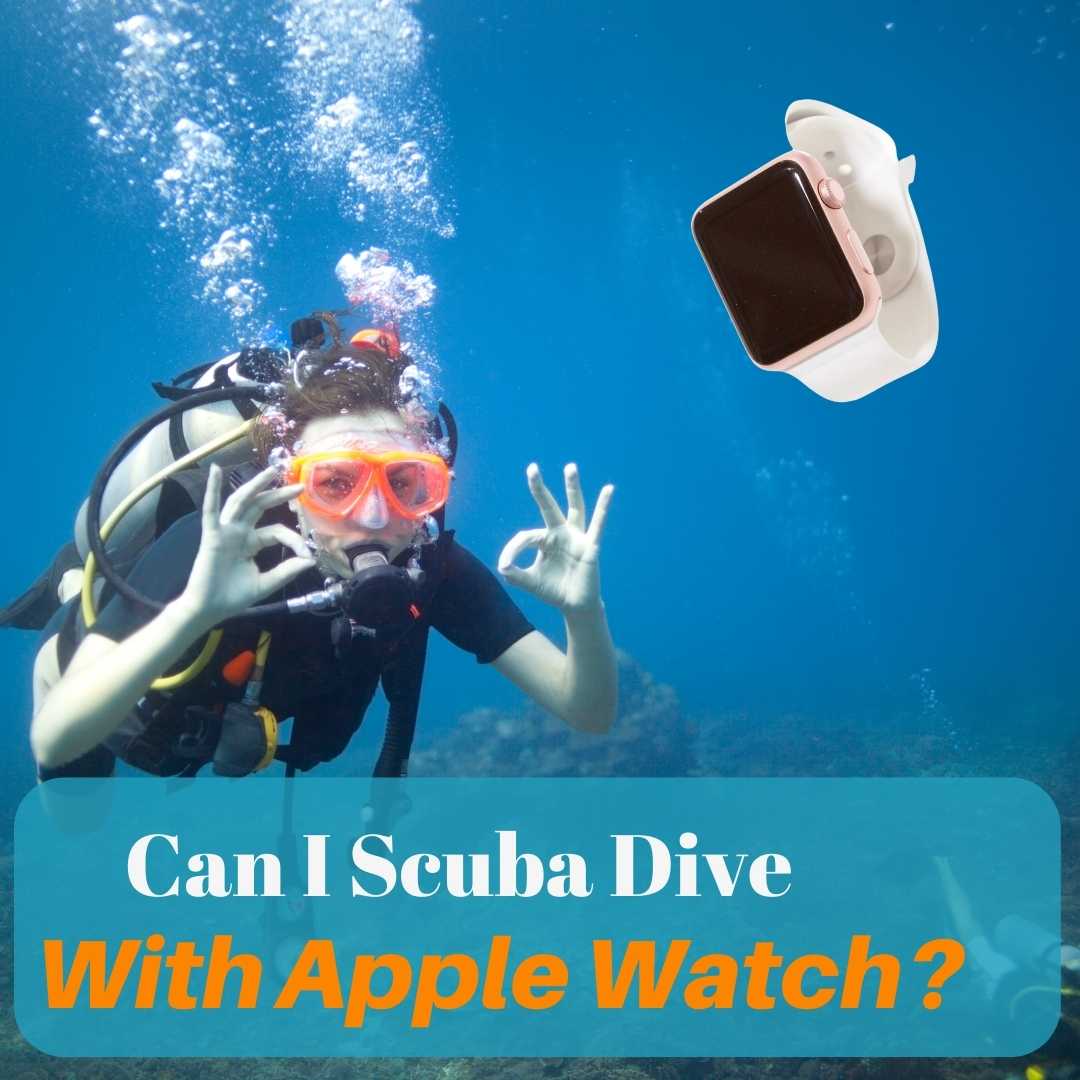Different training agencies have different age limits and scuba programs for children. During the nineties, there was a certain market pressure to promote diving as a family activity, instead of an individual sport, and diving was also perceived as an exciting way to educate children about subjects like physics and the marine environment.
In 1999, SDI (Scuba Diving International) started its children’s diving program for ten-year-olds. This age was two years younger than previously allowed. Then, soon after, Recreational Scuba Training Council, an umbrella organization that sets minimum requirements for scuba training for recreational diving, also removed the minimum age requirements for diving. This opened the way for many agencies under RSTC to develop their own children’s diving programs.
Today, there are many training agencies that are offering scuba education programs to children but, diving brings within itself certain inherent risks that can never be completely eliminated, and thus children and diving continues to remain a concern for many.
Table of Contents
What Is the Minimum Age Required to Scuba Dive?
Most agencies start their children’s programs for eight-year-olds and above. PADI’s “Bubble-maker” and SEAL team program, SDI’s “Future Buddies” etc. all begin to take children after eight. These are very shallow, confined water experiences and are highly supervised to ensure the safety of the child.
Junior Diver certifications are meant to take children out of the confined water and introduce them to an open water environment. For SDI and PADI, the minimum age for these programs is ten years.
Agencies such as GUE and UTD attempt to build very high-level diver proficiency much earlier in their courses. Due to their unique philosophies, they decided not to get on board the children’s scuba classes. For you to start on an entry-level GUE course, the minimum age would be 14 and for UTD, it would be 16.
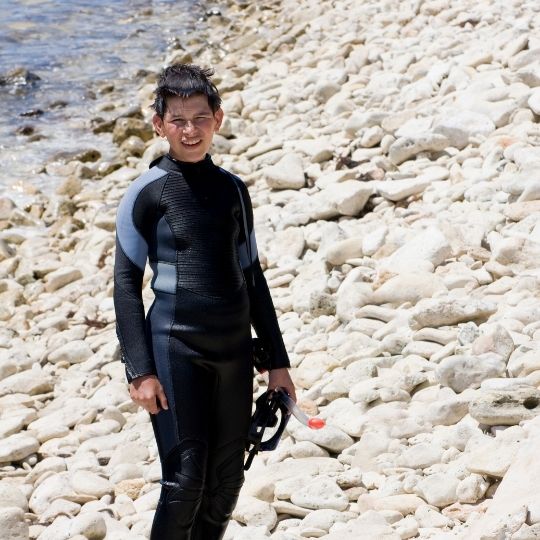
Dangers of Diving at a Young Age
This has been a subject of discussion for a while and scientific data out there has not been satisfactory for a lot of industry professionals. There were concerns that children’s bodies were still growing and may not be able to handle decompression stress as well as the adults. Dr. Simon Mitchell is a leading expert in decompression and has looked into the matter.
“There are no studies that show clear evidence that diving (decompression stress) can affect long bone development in young divers. What is not so clear is the effect of micro-bubbles that may enter the circulation and possibly affect the blood vessels in the growth plates (epiphyseal plates). I suggest limiting children’s exposure to nitrogen by restricting depth and dive time and increasing surface interval time.”
(David Charash, Medical director of wound care and hyperbaric medicine at Danbury Hospital in Connecticut
Before RSTC lowered its age, it consulted Divers Alert Network, a non-profit organization that offers medical assistance to divers, and asked them to review the studies on children in diving. DAN reported back that there was no literature available on this subject.
But besides decompression stress and developmental issues, there is a more obvious concern when it comes to children and diving. As a certified diver, you have to be able to recognize and solve problems at depth and the question then shifts its focus from diving physiology to whether ten-year-olds have the mental maturity to handle themselves in these situations.
“Many 10-year-olds may be capable, but many more may not be. Unfortunately, there are often incentives for instructors, parents and even dive operations to train unready students. Adults who have the skills to assess the readiness of pediatric-age divers can facilitate positive and acceptably safe in-water experiences for children of any skill level.”
Thomas March, M.D., Pediatrician and Diver
Similarly, there are multiple other concerns that are totally unrelated to dive medicine. As a certified diver, you are trained to recognize problems that your buddy is having and then to provide them with necessary assistance. Young children may not have the physical strength to assist and help a diver facing an emergency.
Even in our daily lives, children can often respond impulsively in excitement, without any regard for their safety. A child playing ball can easily get carried away and start running on the road after the ball without paying attention to any passing vehicle. Holding your breath and shooting up to the surface in sheer excitement can cause serious lung expansion injuries.
A certified diver is trained to bring an out-of-air buddy to the surface and tow them to the boat. A small child will lack the strength to tow an adult on the surface.
Children at that age often develop rebellious tendencies and resent adult interference. Disobedience at depth can have disastrous consequences. Furthermore, can a child communicate underwater as effectively as an adult? Assuming that their body temperature drops and they start feeling cold, would they be able to communicate that?
The last and seldom spoken concern is the adult. How capable is the adult who will be accompanying the child? There are a lot of recreational divers who are still learning their way around in the water and developing their skills. Managing a child underwater has the potential to be a specialty class on its own but so far, agencies have assumed that the accompanying adult has the same child management skills underwater that they do on the surface.
All these factors have come together in ways where many instructors and some agencies do not want any part in teaching children how to dive.
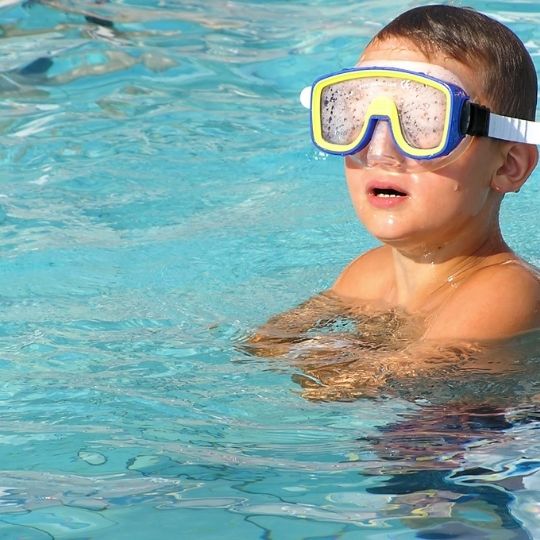
Are There Scuba Courses for Young Kids?
Yes. Courses like SDI’S “Future Buddies” and PADI’s “Bubble Maker” are meant to introduce divers from ages 8 – 10 to diving in a pool or confined water environment. Beyond the age of ten, they can then enroll in “Junior Diver” programs, which are meant to take them from a pool or confined water into an open water environment, such as a lake or ocean.
Minimum Age for Scuba Certification
The minimum age for a supervised pool or confined dives is 8 and for open water dives is 10 via the larger, mainstream agencies like SDI and PADI. Agencies such as UTD and GUE require their divers to pass a higher standard with a curriculum that is written for a more serious and mature audience. The minimum age to enroll in an entry-level GUE course is 14 and for UTD it is 16.
Also Read: How long does it take to get scuba certified?
Is There Gear Available for Young Scuba Divers?
Yes. Wetsuits, fins, and masks are easily available in childrens sizes. A lot of companies make buoyancy compensators that are meant to fit small framed women and the sizes of these will often overlap childrens sizes. There are companies that have designed buoyancy compensators specifically for children. Mares makes Scuba Explorers Children’s BCD and Zeage makes Junior Youth BCD specifically for younger divers.
Frequently Asked Questions
Can a 5-Year-Old Scuba Dive?
No. There are no diving programs available for 5-year-olds. This is too young for a child to properly comprehend the safety techniques and ensure their safety underwater.
Can an 8-Year-Old Scuba Dive?
Yes, through programs such as SDI’s “Future Buddies” and PADI’s “Bubble Blower” and “SEAL Team.” These will be pool or confined water dives only.
Can a 12-Year-Old Scuba Dive?
Yes, through programs like SDI’s Junior Diver which is meant for children from 10 – 14, and when they reach 15, they can upgrade their certification to Open Water. Other agencies such as PADI will also offer a Junior Open Water program which is meant for the same age group. These programs allow children to dive in an open water environment, under adult supervision.
Conclusion
Diving has the potential to become a family vacation activity as well as a highly educational experience for a child. But, make no mistake! You are entering an environment in which humans are not meant to be alive and scuba training is essentially a course in staying alive in an environment that does not want you to.
When it comes to safety, the jury is still out there. There are those who believe that as long as agency standards are followed, children can be introduced to diving in a safe environment, and then there are those who disagree. Agencies such as GUE and UTD have refused to offer any programs geared towards children and while mainstream agencies such as SDI, PADI, and SSI have developed their courses, the decision has not come without generating its share of criticism.

